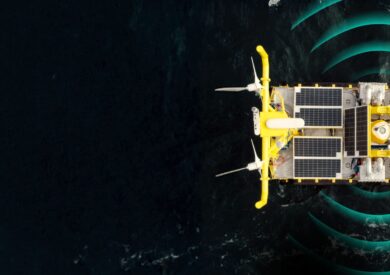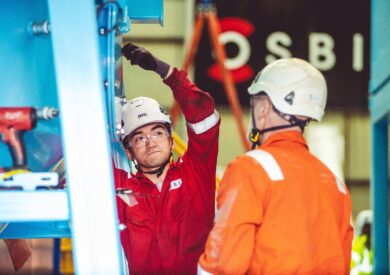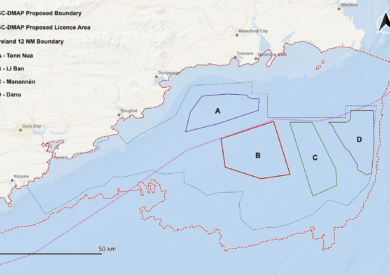
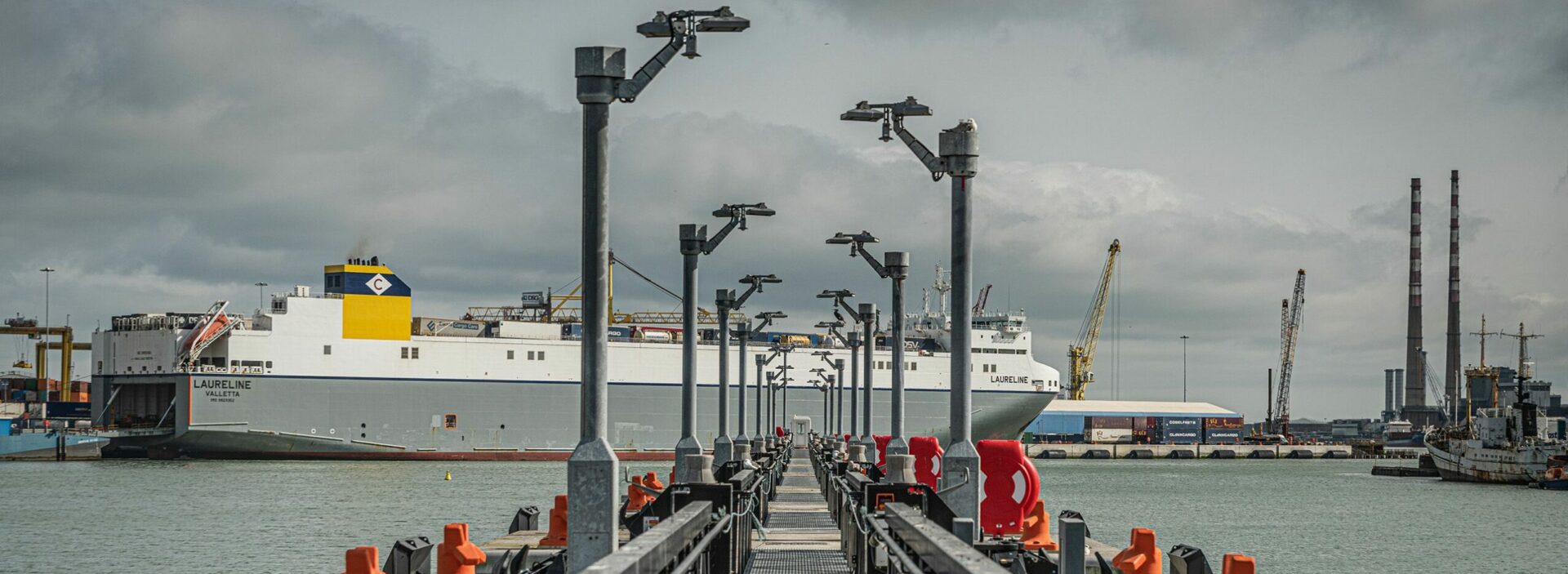
European Parliament Urging Comprehensive European Port Strategy
In a landmark decision, the European Parliament has adopted the Berendsen Report, advancing a step towards a unified European port strategy. The report underlines the vital role that Europe’s ports play in bolstering society and the economy.
The adoption of the own-initiative report, which emphasises the strategic importance of ports, has been praised by The European Sea Ports Organisation (ESPO). This reflects a collective effort to harmonise and reinforce the resilience of Europe’s critical infrastructure. The unanimous vote by the Parliament showcases the shared resolve to advance this initiative.
A call for a European Port Summit has been made by Members of the European Parliament (MEPs) to support further cooperation and to address significant issues faced by EU ports. They have urged the Commission to lay out a European Port Strategy before the end of 2024. The passing of the draft resolution solidifies these objectives.
The report also serves as a reminder of European ports’ central role in energy security, acting as facilitators and accelerators of the energy transition. Ports must have significant public and private investment to fulfil these roles and continue their development.
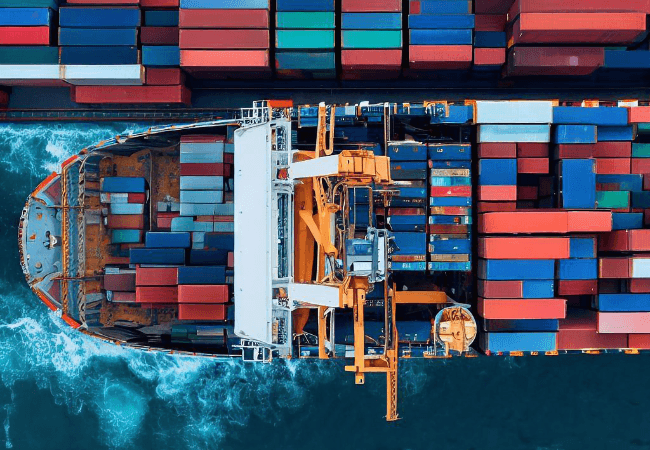
The role of ports in energy security extends further into the energy transition, with proposed Offshore Renewable Energy (ORE) infrastructure at Irish ports poised to make a substantial impact. Ports such as Rosslare Europort, Bremore Ireland Port, Shannon Foynes, and Cork Harbour are set to facilitate this transition while generating significant employment through the government’s National Industrial Strategy for Offshore Wind via the Dept. of Enterprise, Trade and Employment.
However, the spotlight turns towards the Irish government’s need for action. According to a 2023 GDG report, there is an urgent need for investment in port infrastructure to support the burgeoning offshore wind sector. The report, commissioned by Wind Energy Ireland and backed by leading industry stakeholders, underscores the necessity of grant funding for the viability of ports. Without it, Ireland may fall short of meeting its ambitious 2030 carbon emission reduction targets.
The report, titled ‘We can build them‘, asserts that government financial support for construction, staging, and O&M port projects is not just aligned with DECC’s Climate Action Plan and the Programme for Government but is also crucial for the deployment of the anticipated 7 GW of offshore wind capacity required to meet the 2030 goals.
As the European Parliament moves forward with its comprehensive port strategy, the urgency for the Irish government to fund port infrastructure is clear. The future of Ireland’s offshore wind sector and its contribution to the energy transition hangs in the balance. It’s a critical moment where strategic investment could unlock a cleaner, more sustainable future and drive economic growth by creating thousands of jobs.
The specialist marine engineering expertise of the GDG Ports and Harbours team has a sterling track record of leading substantial marine design projects across Europe. From the transformative developments at Greenock Ocean Terminal in Scotland to the design of the strategic ORE hub proposed for Rosslare Europort and the vital expansions at Stornoway Port in the UK, GDG’s marine portfolio overseen by William Brown and Diarmuid O’Loan is a testament to their exceptional engineering capabilities. Entrust your marine engineering needs to a team that designs and shapes the maritime future.

